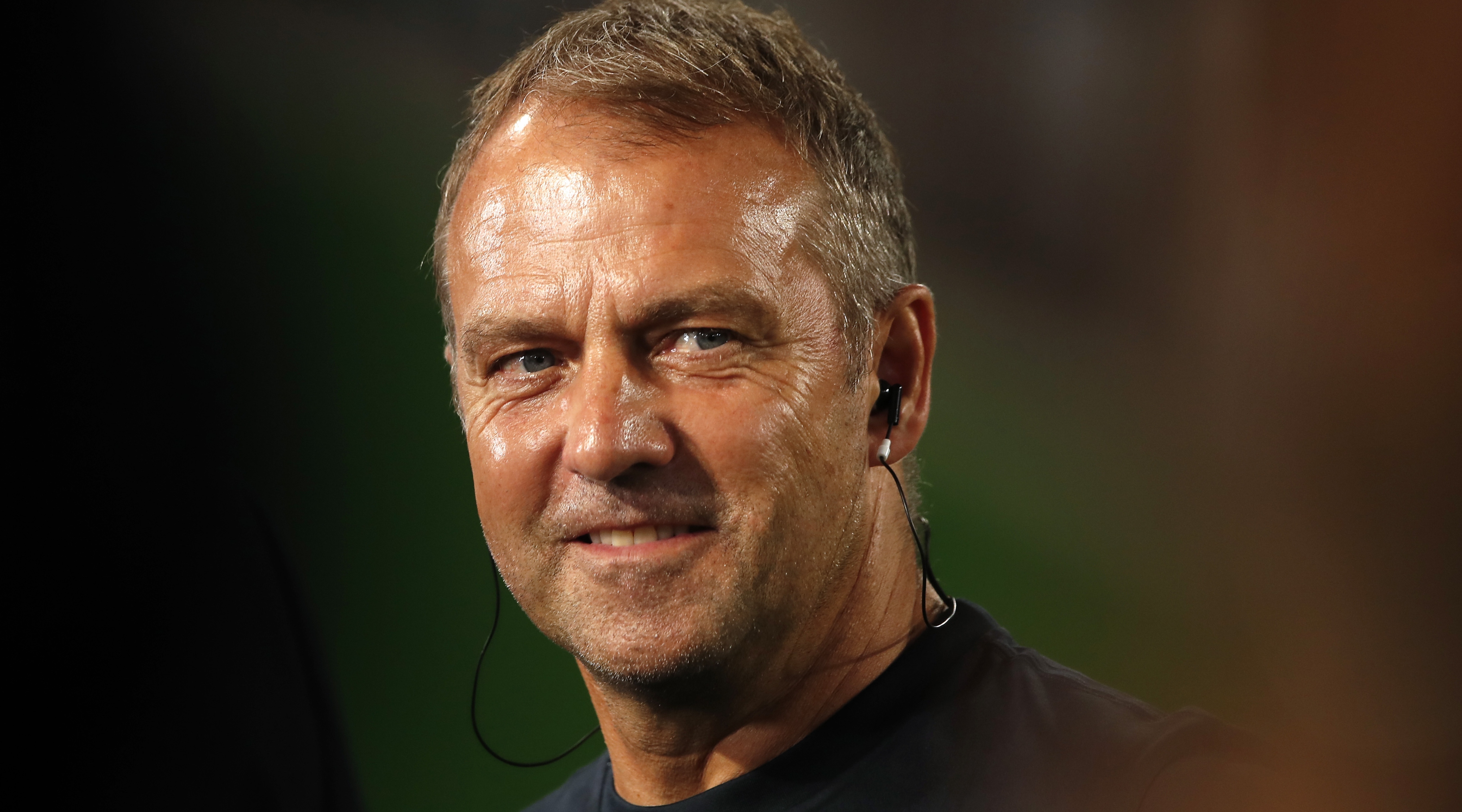
Head groundsman Kevin Gramoney, a self-confessed sports fanatic and Manchester United fan, had been nurturing a pitch grown with South Africa summer grass but just seven weeks before the contest he had to prepare a new surface from scratch.
"Normally seven weeks is enough. But it's the first time we've ever had rye grass in a Durban stadium," he told Reuters as groundstaff prepared the turf for the pick of the group stage games on Friday: Brazil v Portugal.
The problem Gramoney faced was that rye grass prefers cool temperatures to grow - below 20 degrees during the day and less than 10 degrees at night - hardly the conditions found in the coastal city where the mercury has been hitting the high 20s.
"I love rye grass, and have been working with it for 13 years, but for me it was challenge," he told Reuters.
Still, he produced a spectacular surface for the opening game on June 13 and Germany rose to the occasion thrashing Australia 4-0 in a flowing display of attacking football.
The pitch has held up well since, but for Gramoney it has been a battle to keep the surface in tip-top condition.
The groundsman, whose family came to South Africa from the southern Indian state of Tamil Nadu four generations ago, said no pitch starts with 100 percent grass cover and they lose about 5 percent of the grass each game.
The best features, fun and footballing quizzes, straight to your inbox every week.
"Other pitches are not losing grass cover as rapidly as I am, because they have more mature grass roots," said Gramoney, whose days have been starting at 4 a.m. and finishing well past midnight.
END ON A HIGH
Brazil versus Portugal will be the fifth game in Durban and it is swiftly followed by a second round tie on June 28 that could be a mouth-watering clash between European giants Netherlands and Italy, depending on Thursday's results.
Gramoney, who has worked at the Boca West golf course in Florida, the Millennium Stadium in Cardiff, and the Oval and Lords cricket grounds in London, has sprinkled 1.5 tonnes of new seeds on the pitch since June 13.
Besides the temperature and the quick succession of matches, Gramoney also has to contend with salty sea air blasting in one end of the stadium and the stunning 350 metre arch that soars high over the Moses Mabhida pitch, but blocks the sun.
"The arch is a big factor and we realised that 40 percent of this pitch is in darkness," he said. "The whole stadium is spectacular, but not good for growing grass."
But Gramoney, whose dream is to be groundsman at Kolkata's Eden Gardens for a cricket World Cup, has been happy with the speed of the pitch and says he has had no gripes from players.
Another wish was answered on Wednesday when England finished second in their group, a result that means they would play in Durban on July 7 - if the team reaches the semi-final, that is.
"I'll be very honest. I want England to play here," he said.
After the second round tie, Gramoney plans to exploit a window to ensure the semi-final surface is prist
 Join The Club
Join The Club





